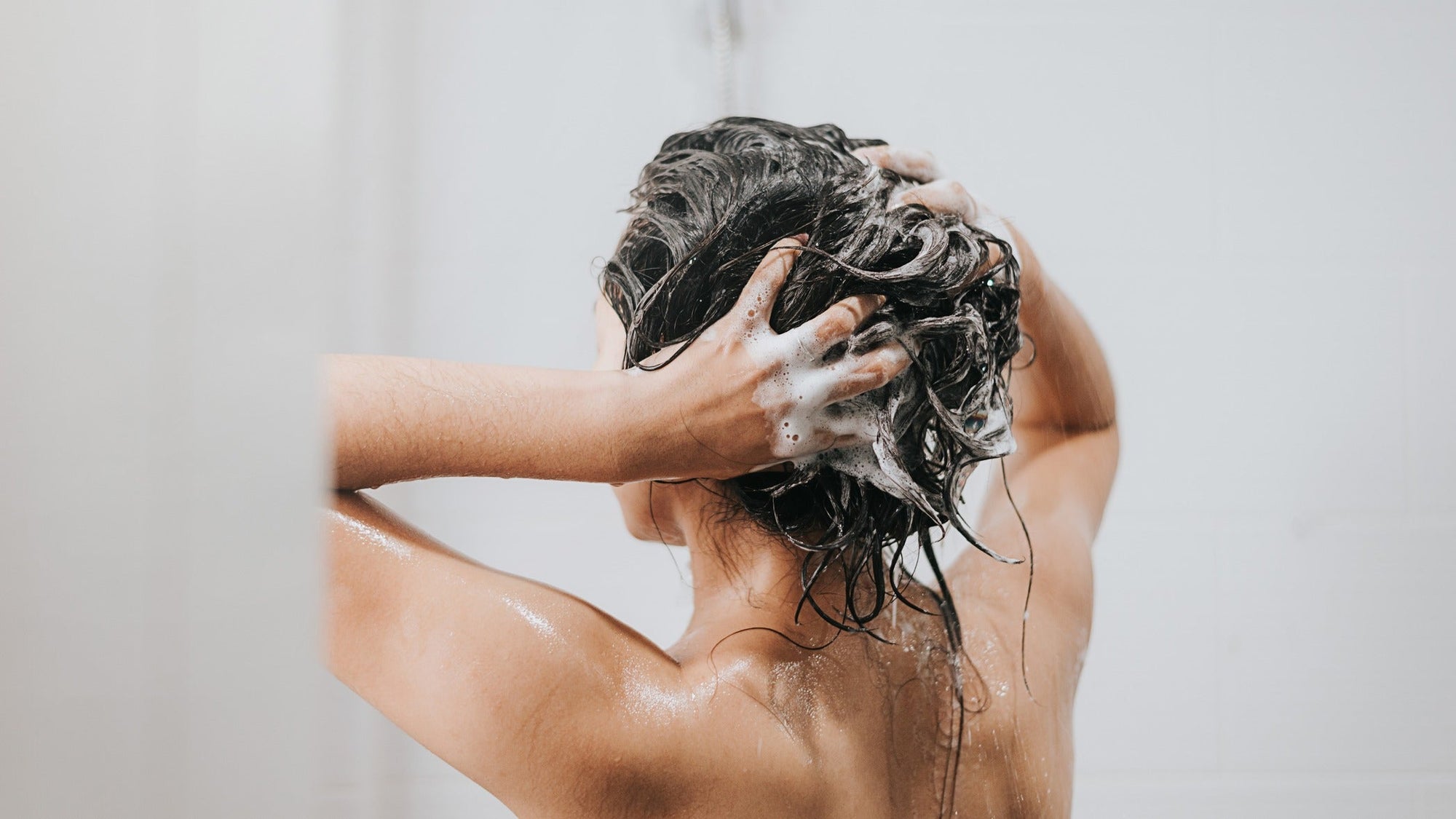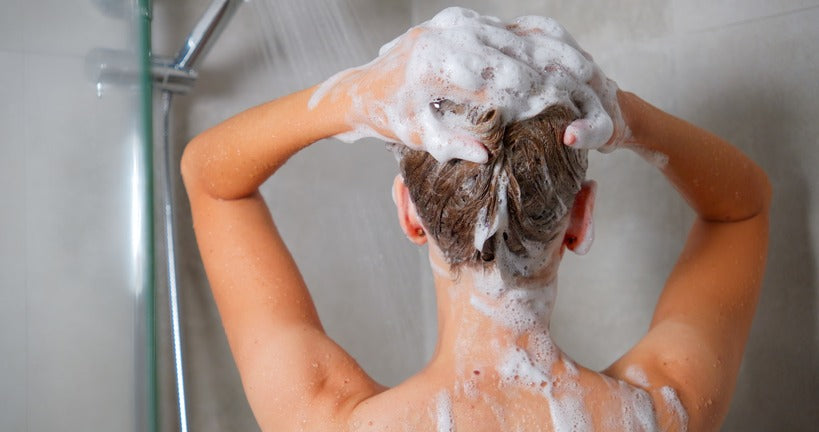Throughout our nation, we continue to face uncertain times, making stress and anxiety harder to cope with. Various negative effects can be caused by long-term stress on the body, both physically and mentally.
It's not surprising that long-term stress can cause anxiety, irritability, anger, headaches, sleeping issues, digestive issues, and chest pain, according to the Mayo Clinic.
Many individuals are using holistic approaches to combat stress, such as aromatherapy, as well as traditional remedies like exercising and counseling.
Essential oils are extracted from plants that are either inhaled or applied to the skin in this kind of treatment. While getting a massage or taking a bath, some people apply the oils to their skin.
How does Aromatherapy Work?
Aromatherapy activates your nose's smell receptors, which send messages directly to your limbic system in the brain. You are affected by your limbic system when it comes to emotions, memory, learning, appetite, and sexual drive.
Different bodily responses are stimulated when essential oils are inhaled, including breathing patterns and blood pressure.
Aromatherapy can be used to treat a wide range of mental and physical conditions. There are essential oils that can ease pain, increase focus, enhance your sense of smell, promote restful sleep, or aid digestion.
Direct inhalation, vaporizers, humidifiers, perfumes, and aromatherapy diffusers are some of how aromatherapy can be used.
Since essential oils are capable of performing multiple functions, you can create (or find) a blend that will satisfy your mental and physical health needs by knowing the benefits of each.
How Essential Oils are used
According to one theory, aromatherapy works by stimulating the smell receptors in your nose, which then send signals to your brain. The body's chemical and energy systems can also be affected by essential oils.
Consequently, aromatherapy is often used to treat anxiety and stress as a natural remedy. Aromatherapy uses essential oils topically and inhaled.
Despite claims on the internet, essential oils should never be ingested. Essential oils aren't safe to swallow because there isn't enough research on them.
Aromatherapy for Anxiety
In times of uncertainty, people often experience anxiety. There are nearly 40 million American adults who suffer from anxiety, according to the Anxiety and Depression Association of America. According to studies, people who use aromatherapy to address their anxiety symptoms experience less pain and depression than those who do not.
An essential oil blend consisting of lavender, bergamot, and frankincense was used in a study by the American College of Healthcare Sciences to massage patients' hands for one week.
When compared to massage alone, this essential oil blend has stronger healing power when it comes to pain and depression management, and patients reported less pain and depression.
When you're trying to calm down, you can create fragrant stress relievers in your kitchen. Our sense of smell has the power to evoke vivid memories as a result of aromatherapy.
A common practice among adults, aromatherapy relieves headaches, relieves stress, boosts mood, and improves and prevents many health conditions. Children can also benefit from aromatherapy, which many people are unaware of.
You can provide your child with an exceptionally beneficial experience by using aromatherapy products like the Aroma Sense shower head. The benefits of aromatherapy are countless, and it's all natural.
At-Home Aromatherapy
There are several ways you can use aromatherapy at home to relax:
- Fill a room with scent by placing essential oils in an infuser.
- About 2 cups of water should be infused with essential oil. Dip a washcloth in the water and stir. Wipe your face, hands, and neck with the cloth after wringing it out.
- You can also keep the clothes in the refrigerator for later use. A few drops of the essential oil will do. Check the strength of the fragrance with one or two.
- Make your skin smell good by applying a scented lotion.
- Prepare a scented stick. Keep a few in your purse or pocket for emergencies.
The Best Essential Oils for Anxiety
1. Valerian
In ancient times, Valerian was used for its medicinal properties. Valerian essential oil has a woody, earthy, or musky scent and comes from the roots of the plant. It may be unpleasant to some individuals.
According to some studies, Valerian contains compounds that promote sleep and calm the nervous system. The effects can be mildly sedative. This is why it is commonly used as a sleep aid.
2. Lavender
Aromatherapy oils such as lavender are very popular. An undertone of the woody or herbal scent accompanies the sweet floral scent.
Anxiety can be calmed with lavender oil. Additionally, it has a sedative effect and may help with sleep problems, especially if you are experiencing stress or anxiety.
3. Jasmine
Often used in perfumes and cosmetic products, jasmine oil has a gorgeous floral scent. Teas may also be flavored with jasmine. Romance and well-being can be promoted by inhaling jasmine oil.
Jasmine oil calms the nervous system without causing sleepiness, unlike some other essential oils used for anxiety. Some people may experience a stimulant effect from it.
4. Vetiver
Although vetiver is not as widely known as other essential oils, it is no less effective. It is sometimes called khus oil. India's grassy vetiver plant produces vetiver oil. The scent is sweet and earthy.
Sleep can be improved with vetiver oil since it helps calm the nervous system. Stress and anxiety may also be eased through it.
Research into vetiver and anxiety in humans is limited, as with other essential oils we have discussed. Animal studies, however, have shown that it can reduce anxiety.
The Bottom Line
Stress or anxiety triggers the release of a stress hormone called cortisol in our bodies. Aromatherapy, under normal conditions can reduce inflammation, blood pressure, and regulate blood sugar.
We can, however, experience anxiety, depression, and other health problems when we are under too much stress. Aromatherapy reduces anxiety and cortisol levels in participants.
An aromatherapy session might be just what you need if you have a stressful day at work or an important appointment. However, if you experience chronic anxiety that interferes with your daily activities, you should seek professional help. Your management plan can be tailored to your needs by them.


